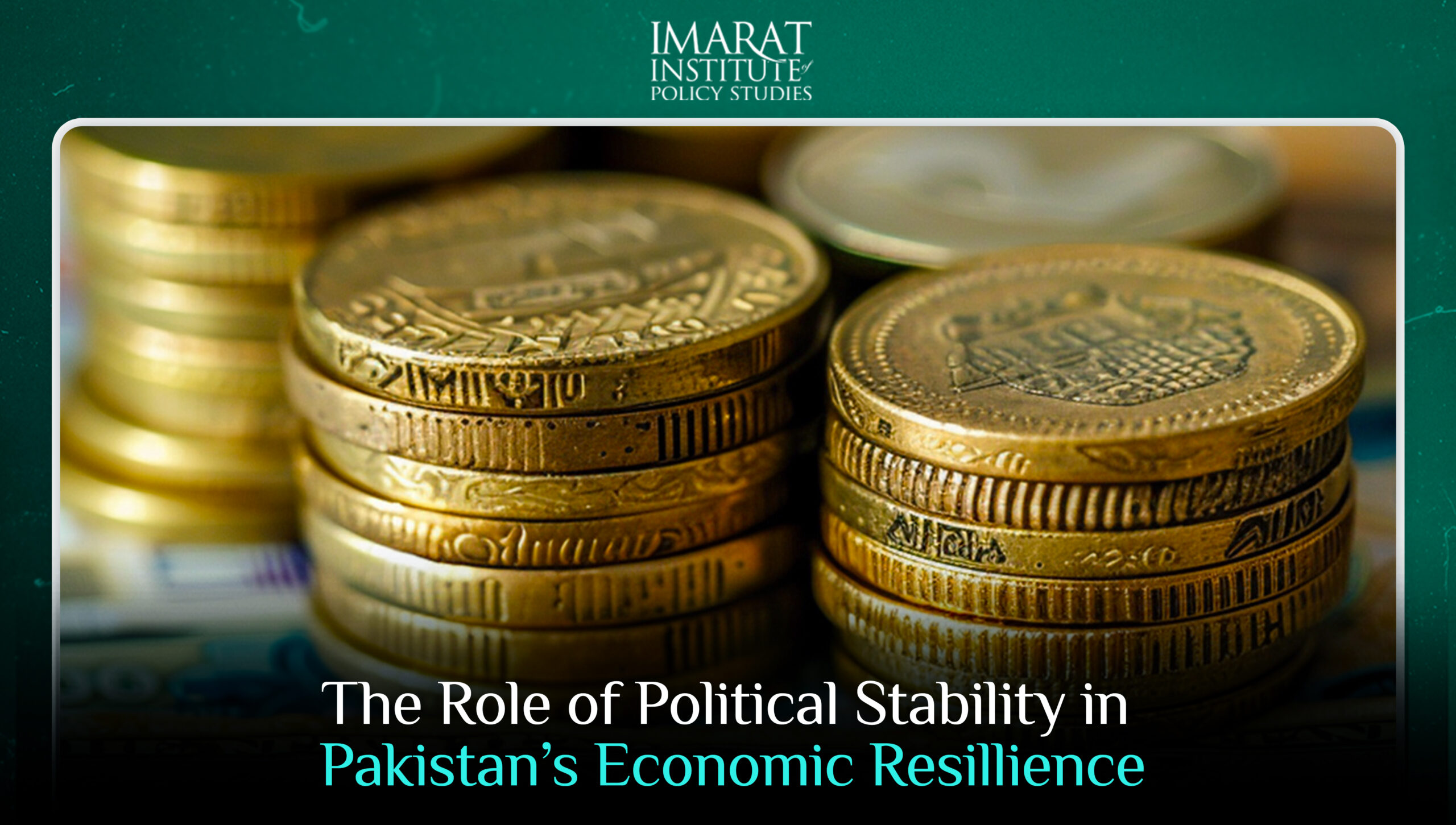Pakistan, a nation with a complex historical tapestry and a diverse economic landscape, is often on a fluctuating trajectory when it comes to economic performance. At the heart of this intricate dance lies the intricate relationship between political stability and economic resilience. This in-depth exploration aims to unravel the multifaceted nuances of this connection, meticulously scrutinizing historical perspectives, dissecting the impact on investor confidence, unraveling the threads of policy formulation, examining the intricate interplay in infrastructure development, delving into global trade dynamics, acknowledging the challenges posed by political instability, appreciating the role of democratic processes, and finally, assessing the current scenario that is shaping Pakistan’s economic destiny.
Historical Perspectives
Embarking on a journey through Pakistan’s economic history reveals a symbiotic dance between political stability and economic resilience. Periods of political turmoil have cast shadows of economic uncertainties, impacting investor sentiment, foreign direct investment (FDI), and overall economic growth. Conversely, phases of political stability, witnessed during specific eras, have been catalysts for sustained economic development.
Impact on Investor Confidence
The linchpin of economic resilience lies in the confidence of investors. A stable political environment serves as the bedrock for building trust among both local and international investors. This trust, a precious commodity in economic landscapes, translates into long-term investments that, in turn, become the engines driving economic growth. Foreign investors, in particular, hinge their decisions on assurances of political stability, crucial in mitigating risks and fostering a conducive business environment. Thus, the political climate in Pakistan stands as the gatekeeper to attracting FDI, stimulating economic activities, and nurturing sustainable growth.
Policy Continuity and Economic Planning
Political stability is the lighthouse guiding governments through the stormy seas of economic policymaking. A stable political climate empowers governments to formulate and execute consistent economic policies. This continuity is more than a theoretical construct—it is the practical lifeline that businesses need to make informed decisions, plan investments, and operate within an environment conducive to sustainable economic development.
Infrastructure Development and Economic Projects
Large-scale infrastructure projects are the backbone of economic growth, and their initiation and completion are tethered to political stability. A stable political environment acts as the bedrock, ensuring these projects remain unscathed by the tempests of political uncertainties. The successful execution of infrastructure projects, whether they involve transportation networks or energy production facilities, directly contributes to improved infrastructure, increased productivity, and fortified economic resilience.
Impact on Global Trade and Diplomacy
The resonance of political stability extends to the global stage, shaping a country’s position in international trade and diplomatic endeavors. A politically stable government is better equipped to navigate the complex landscape of diplomatic initiatives, negotiate favorable trade agreements, and establish meaningful international collaborations. A positive global image, emanating from political stability, enhances Pakistan’s standing among foreign investors and trading partners, opening up avenues for economic cooperation and diversification.
Challenges of Political Instability
However, the flip side reveals the challenges entailed during periods of political instability. The uncertainties arising from political turbulence often manifest as policy flip-flops, delayed decision-making processes, and a palpable lack of investor confidence. These challenges act as stumbling blocks, impeding economic progress, hindering infrastructure development, and casting a shadow on the overall economic well-being of the nation.
The Role of Democratic Processes
The democratic process in Pakistan emerges as a pivotal force in ensuring sustained political stability. Regular elections provide the mechanism for peaceful transitions of power, allowing citizens to voice their opinions through democratic means. A robust democratic system contributes to political stability, fostering an environment conducive to economic resilience and sustainable development.
Current Scenario and Future Prospects
Currently, Pakistan is navigating a complex political landscape characterized by a delicate equilibrium between stability and instability. The nation has traversed periods of both, each leaving an indelible imprint on its economic trajectory. The ongoing commitment of the current government to economic reforms, infrastructure development, and attracting foreign investment is poised to play a decisive role in determining Pakistan’s economic resilience in the coming years.
Conclusion
In conclusion, the interwoven narrative between political stability and economic resilience in Pakistan is a rich and multifaceted tapestry. A stable political environment emerges as the catalyst for fostering investor confidence, ensuring policy continuity, and facilitating infrastructure development — all integral components for sustainable economic growth. On the flip side, political instability presents formidable challenges that can impede economic progress. Achieving a delicate equilibrium, through democratic processes, effective governance, and a steadfast commitment to economic reforms, stands as the fulcrum for ensuring Pakistan’s economic resilience amidst the dynamic currents of global challenges. As the nation navigates its political landscape, the role of political stability stands as the compass guiding the ship toward its economic destiny.
This article is written by Radma Nouman. Radma is a research analyst at the Imarat Institute of Policy Studies (IIPS).



Leave a Reply